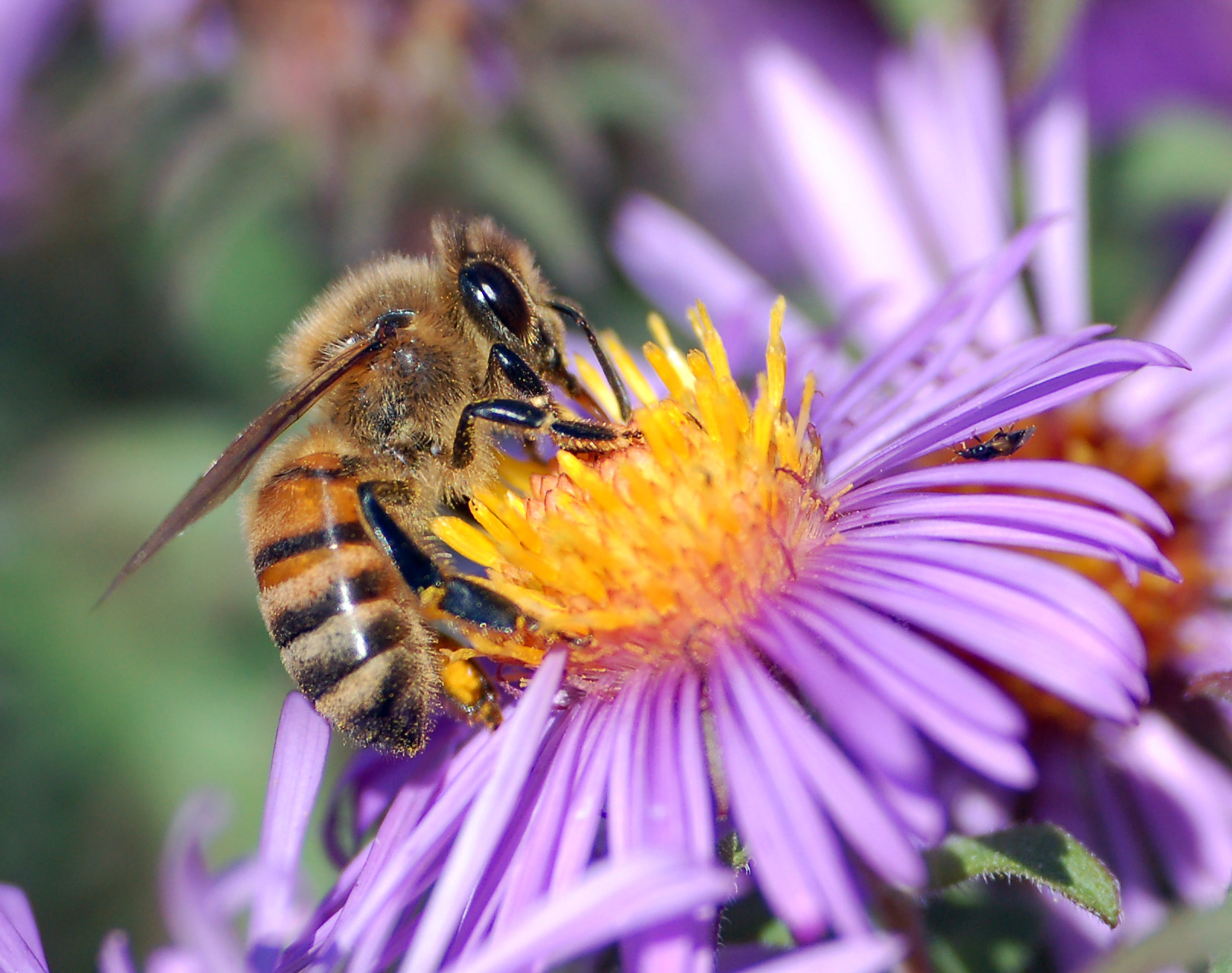 If there was ever a time when bee colonies needed help from humanity, it is now. Ironically, we got them in this situation in the first place. Truth is, these vital pollinators will not be able to survive for long. If the current toxic environment filled with pesticides that are harmful to bees persists, it can threaten the entire food chain. So far, almond farmers in California are feeling the effect of the decline in the number of bees. Around 800,000 almond flower acres were not able to fully enjoy the benefits of pollination.
If there was ever a time when bee colonies needed help from humanity, it is now. Ironically, we got them in this situation in the first place. Truth is, these vital pollinators will not be able to survive for long. If the current toxic environment filled with pesticides that are harmful to bees persists, it can threaten the entire food chain. So far, almond farmers in California are feeling the effect of the decline in the number of bees. Around 800,000 almond flower acres were not able to fully enjoy the benefits of pollination.
Though small and with very painful stings, bees are needed in our entire food system and economy. About 1/3 of what we eat has been pollinated by a bee and almost 95% of all fruits in the North of America require the pollination of bees. Should the decline continue, the industry will be in a smoldering pot of boiling soup. Not only are the bees needed for pollination, we also rely on them for honey, and we cannot simply imagine a world where honey is a rare delicacy. A farmer, Steve Ellis, lent his statics to show the grim situation. In the span of a year the number of colonies went down by about 42% and of the remaining 58%, only 680 colonies proved productive enough to be rented for almond pollination.
In a bid to protect the bees, beekeepers and other organizations related to the industry are taking the EPA to court. Last year Clothianidin, a common pesticide, was the bone of contention between EPA and the organizers, with the organizers saying that it would be very hazardous to the bees. With the suit filed in court, the beekeepers and their partners are hoping to raise the urgency of the matter, forcing the EPA to act quickly.







Anyone who cares about food, health, or our environment needs to watch the documentary, “Vanishing of the Bees”: http://www.vanishingbees.com/
This problem is not going away. It is not just large commercial growers who are experiencing bee loss; it is also affecting small scale beekeepers.